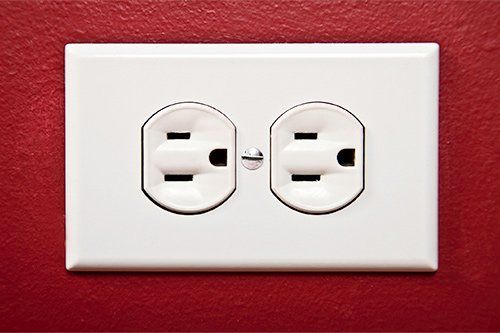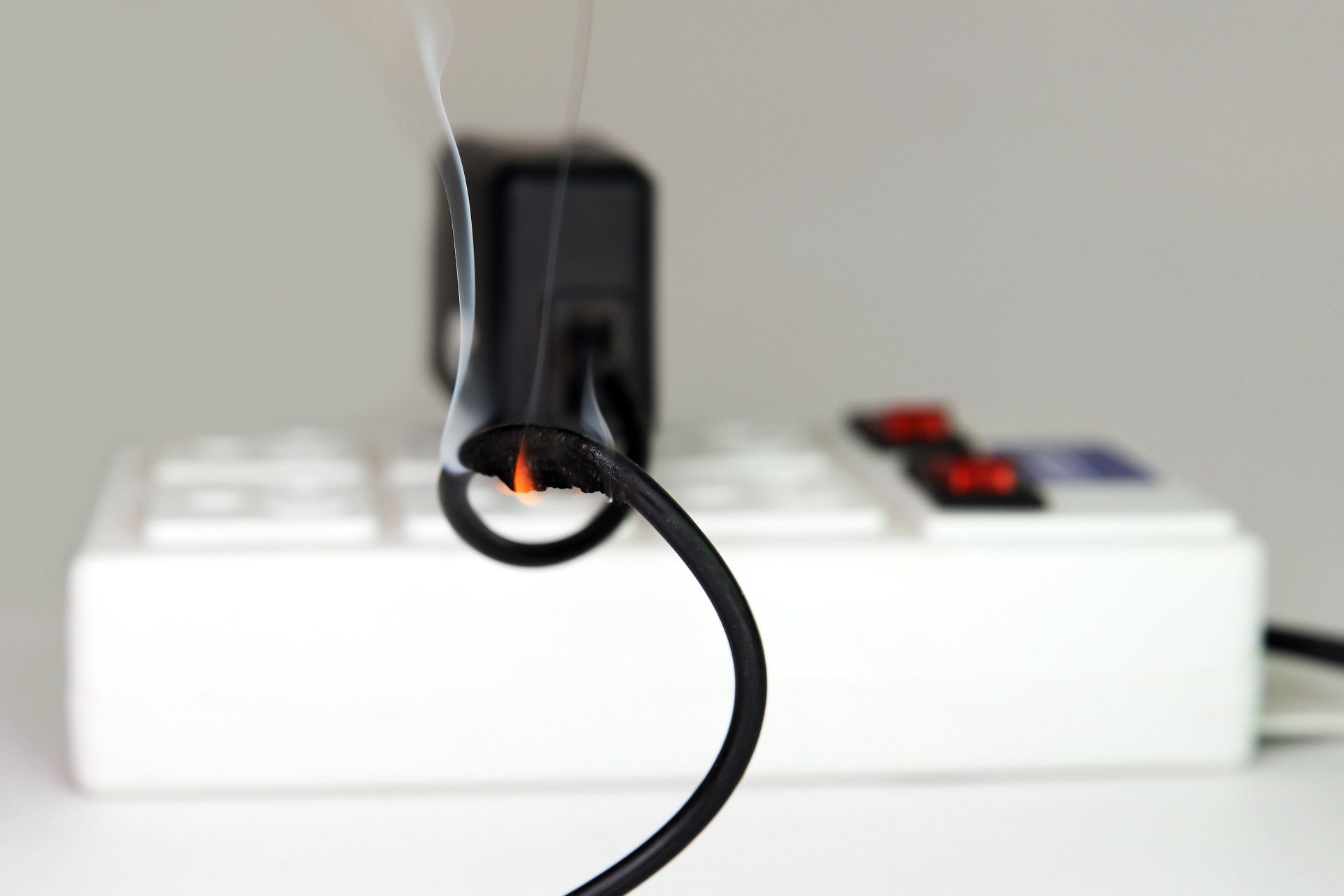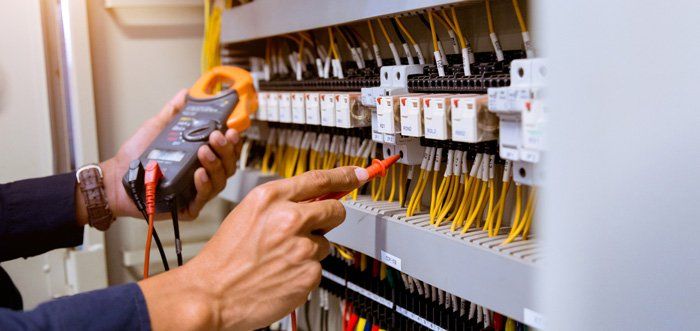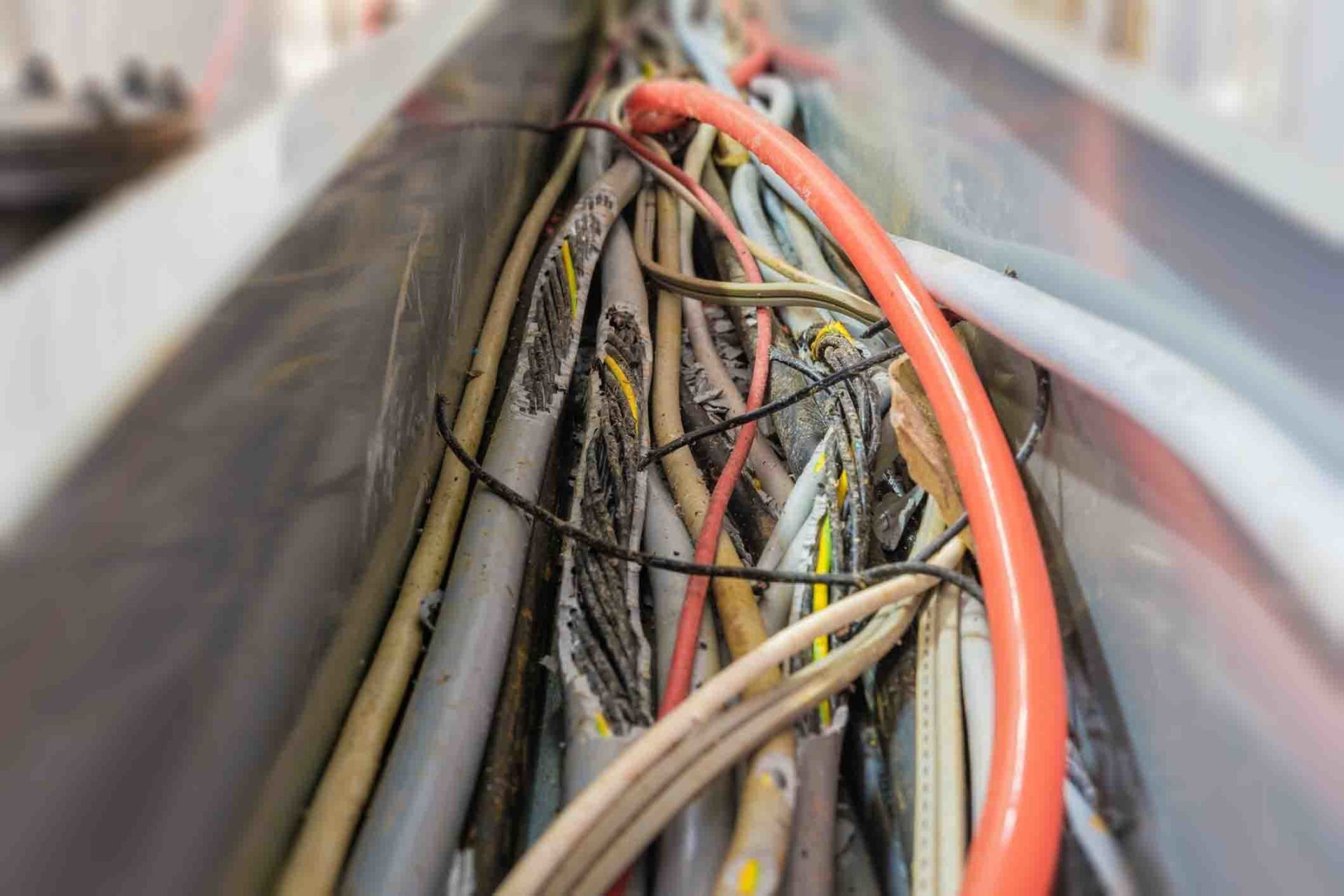All About GFCI Outlets
You have probably heard that certain electrical outlets in your house must have ground fault interrupter outlets (GFCIs). Most people don't know much about GFCI outlets, even though these outlets are integral to electrical safety. Below is an overview of GFCIs and why you should have them in your house.
GFCIs Explained
GFCIs are devices that stop the flow of electrical current when the device senses a ground fault. A ground fault is a situation where the current that flows in the energized conductor (the hot wire) and the return conductor (neutral) is unbalanced.
In a normal situation, the current should flow through the hot wire, do its work in the electrical device or appliance, and return via the neutral wire. An imbalance occurs when some of the current leaks, for example, if the hot wire touches the body of the electrical equipment the electricity powers. Such a leak represents an electrical danger, which is why the GFCI stops it.
Outlets That Should Have GFCIs
As a rule, any outlet that is in danger of water exposure should have an integrated GFCI. Here are some of the specific locations where outlets should have GFCIs:
- Bathrooms - The bathroom is an obvious location due to the perpetual presence of water.
- Kitchens - Just like the bathroom, the kitchen also has a water presence (for food preparation and cleaning) that requires GFCI protection.
- Basements - The basement is the lowest part of the house, which means leaks and flooding is common here; GFCI outlets provide necessary protection in case of an emergency like flooding.
- Laundry rooms - GFCI outlets in the laundry room will protect you from electrical shocks if your washer malfunctions and exposes your wiring to water.
- Exteriors - Rainfall and water from melting snow can easily affect your garden outlets, so ensure all outlets located outside the home have GFCI protection.
The above are just a few examples of locations that require GFCI outlets. The National Electrical Code (NEC), local building codes, and your electrician can all help you to identify all the locations that require GFCIs in your house.
Dangers of Non-GFCI Outlets
The need for GFCI outlets in the above outlets is both a legal and safety requirement. Below are some of the consequences you may suffer if you don't install GFCI outlets.
Electrical Shock
As we have explained above, a GFCI outlet cuts off electricity in case of a ground fault. The cutoff makes your electrical circuit safe even if the fault has created a dangerous leakage of electricity. Without the GFCI cutoff, the leakage current can flow through your body and cause a nasty or even fatal electrical shock.
Electrical Fire
The types of faults that GFCI outlets prevent can also trigger electrical fires. For example, if electricity flows through the body of an electrical appliance such as a microwave oven, the erroneous flow can cause a malfunction that may trigger an electrical fire.
Electrical Damage
Whenever electricity flows through an unintended path in a circuit, it creates a risk of electrical damage. The appliances or wiring in the circuit can overheat and get damaged or burn their insulations.
Code Violation Consequences
Lastly, you also risk many consequences of code violations if you don't install the necessary GFCI outlets. For example, the local government may order you to pay monetary fines if they discover the violations. Your home insurance company may also deny claims that the lack of GFCIs might trigger.
Now that you know about GFCIs, contactPresley & Son Electric Service to confirm whether you have the outlets in your home and that the outlets are operational. We can also help you upgrade or replace your outlets to make them safe and code compliant.














